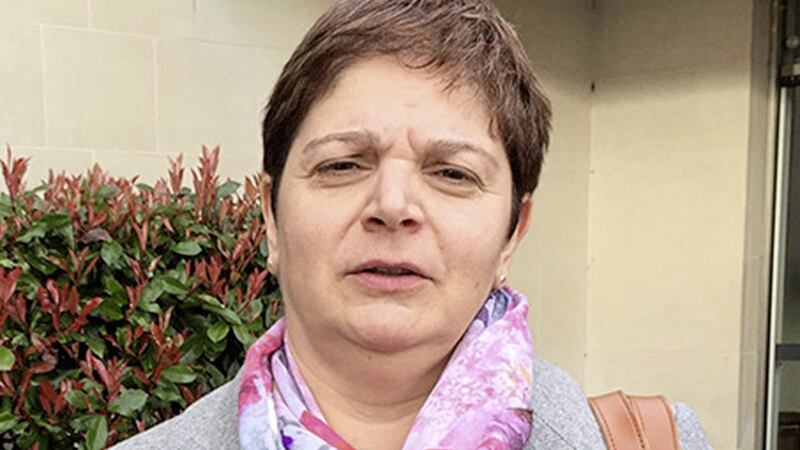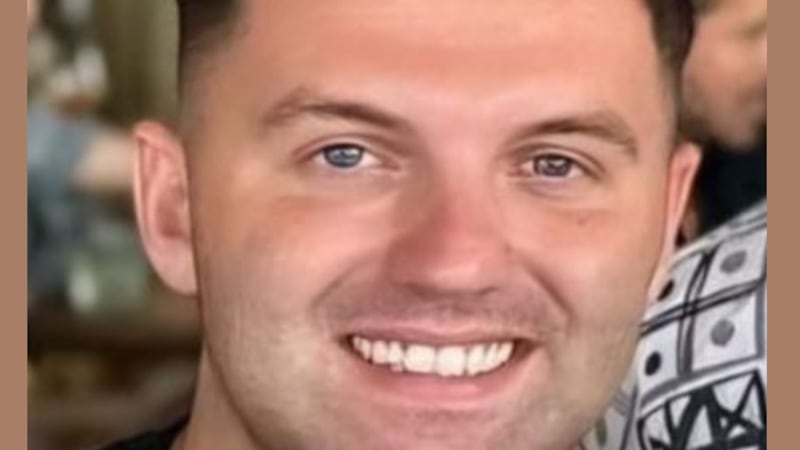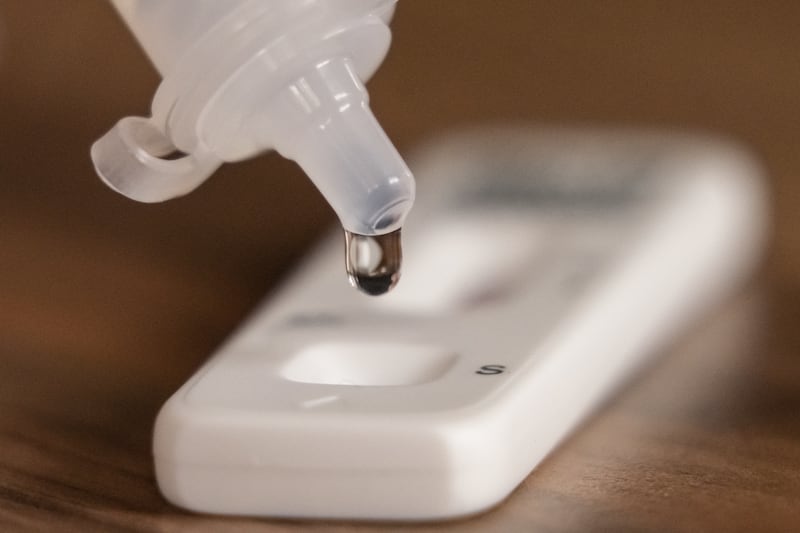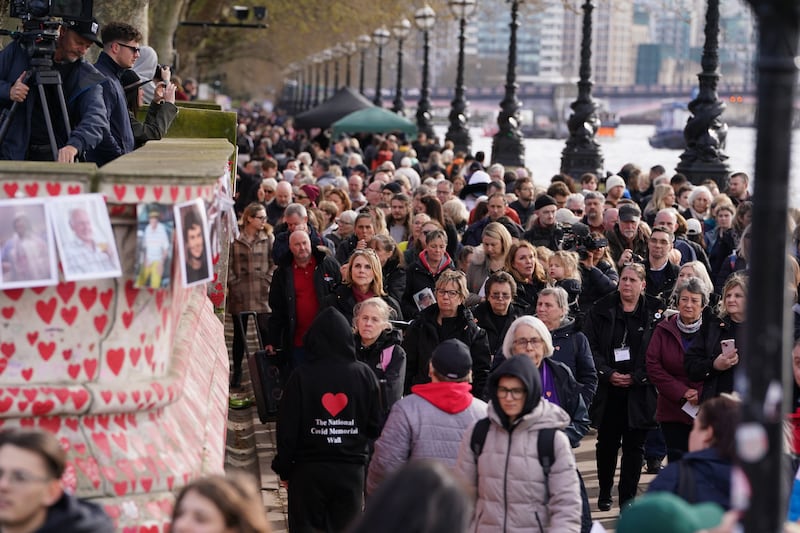SPECIAL schools have been `abandoned' during the Covid pandemic, it has been claimed.
Koulla Yiasouma, Northern Ireland Commissioner for Children and Young People, said more than a third were providing education on a part-time or reduced day basis.
She claimed the executive was failing in its duty to provide pupils with a full education.
Special schools have remained open during lockdown periods but officials have told politicians that many are operating at reduced capacity.
The assembly education committee heard that many parents had chosen to keep their children at home due to concerns about the impact of the virus and rapidly changing environment.
Ms Yiasouma outlined urgent steps that needed to be taken to rectify the situation.
She said there was a detrimental impact of part-time education on some of the most vulnerable children's education, health, and wellbeing.
"Schools are facing a number of issues including workforce absence, concerns that risks haven't been appropriately assessed and adequate safeguards put in place and uncertainty regarding testing and vaccinations," she said.
"I appreciate this is a significant task but it is disappointing that insufficient work has been undertaken by relevant authorities to anticipate these issues and address them as soon as they arose.
"It is unacceptable that many children are still not receiving the education and health care they require, and indeed are entitled to, from their special school setting."
Education minister Peter Weir announced that staff in special schools who support children with the most complex healthcare needs will be offered the Covid-19 vaccine.
This followed an announcement that pupils would receive weekly asymptomatic testing.
Ms Yiasouma added that further action must be taken by the Department of Education, the Education Authority, Health and Social Care authorities, principals and governors to identify and resolve issues.
She said this included addressing staff absences, reducing pressures on staff and supporting them to feel safe and secure in school settings.
There was also a need, she said, for improved communications and consultation with schools and parents including discussions about the mitigations required to enable schools to stay open on a full-time basis.
Parents needed to be confident their child's needs were being met and any risk to them was being addressed, she added.
"There must be a concerted, collaborative effort to ensure the safe, full and sustainable opening of all our special schools; making sure our most vulnerable children and young people can fully realise their right to an education during this pandemic and beyond," she said.








